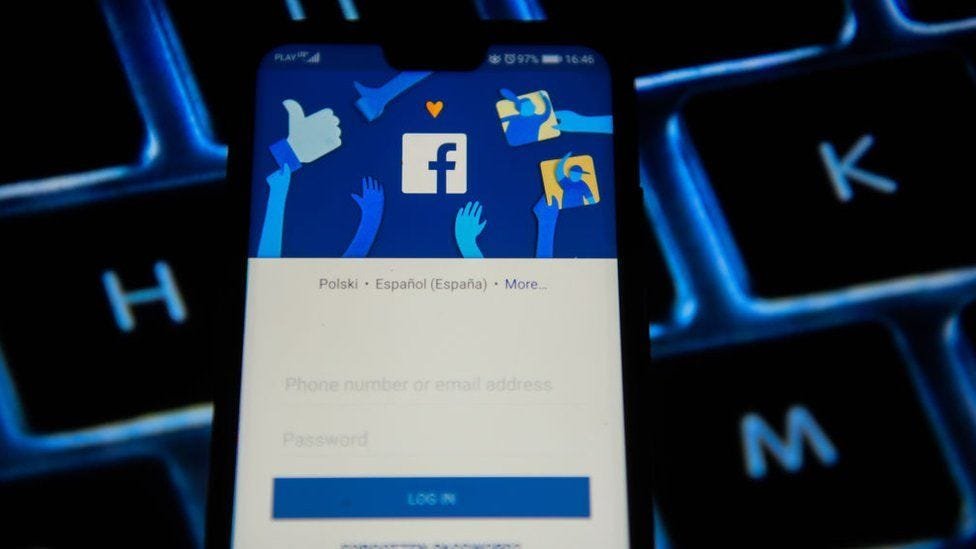In today's interconnected digital world, confidentiality stands as the cornerstone of security. Whether in personal, business, or governmental contexts, safeguarding sensitive information is paramount to maintaining trust and integrity. Let's delve into what confidentiality entails, its significance, and how it manifests in various spheres of life.
Understanding Confidentiality
Confidentiality, simply put, refers to the protection of sensitive information from unauthorized access or disclosure. It forms the bedrock of security protocols, ensuring that data remains accessible only to those with proper authorization. This could encompass personal details, proprietary business strategies, or classified government intelligence.
Types of Confidential Information
- Personal: This includes sensitive data such as social security numbers, medical records, and financial information.
- Business: Trade secrets, customer databases, and strategic plans fall under this category.
- Government: Classified documents, military strategies, and diplomatic communications are examples of confidential government information.
Confidentiality in Different Contexts
Confidentiality holds immense significance across various sectors, each with its unique challenges and implications.
Healthcare: In the medical field, patient confidentiality is sacrosanct, governed by laws like the Health Insurance Portability and Accountability Act (HIPAA).
Legal: Attorneys must uphold client confidentiality to maintain trust and ensure fair representation in legal matters.
Technology: In the digital realm, protecting user data from cyber threats is paramount for tech companies to maintain consumer trust and comply with regulations like the General Data Protection Regulation (GDPR).
Challenges to Confidentiality
Despite its importance, confidentiality faces numerous threats in today's landscape.
Cybersecurity Threats: Hackers constantly evolve their tactics to breach systems and access sensitive data, posing a significant challenge to confidentiality.
Insider Threats: Employees or individuals with authorized access may inadvertently or maliciously compromise confidentiality, necessitating robust internal controls.
Compliance Issues: Meeting regulatory requirements while maintaining operational efficiency can be a delicate balance, especially in highly regulated industries like finance and healthcare.
Strategies for Maintaining Confidentiality
To combat these challenges, organizations employ various strategies to safeguard confidential information.
Encryption: Utilizing encryption algorithms to scramble data, rendering it unreadable without the appropriate decryption key, is a fundamental method for protecting confidentiality.
Access Controls: Implementing stringent access controls ensures that only authorized individuals can view or manipulate sensitive information, reducing the risk of unauthorized disclosure.
Employee Training: Educating employees on the importance of confidentiality and providing regular training on best practices for data handling and security protocols is essential for fostering a culture of security awareness.
The Role of Confidentiality in Trust
Confidentiality plays a pivotal role in fostering trust and credibility in both personal and professional relationships.
By safeguarding personal information, businesses demonstrate their commitment to customer privacy, thereby enhancing consumer trust and loyalty.
Maintaining confidentiality in professional settings, such as legal and medical practices, reinforces the bond of trust between service providers and clients, ensuring open communication and effective collaboration.
Confidentiality and Compliance
In an increasingly regulated environment, adherence to privacy laws and regulations is non-negotiable for organizations.
GDPR (General Data Protection Regulation): Enforced by the European Union, GDPR mandates stringent requirements for the handling and protection of personal data, underscoring the importance of confidentiality in preserving individual privacy rights.
HIPAA (Health Insurance Portability and Accountability Act): Healthcare providers must comply with HIPAA regulations to ensure the confidentiality and security of patient health information, safeguarding sensitive medical data from unauthorized access or disclosure.
CCPA (California Consumer Privacy Act): Aimed at enhancing consumer privacy rights, CCPA imposes obligations on businesses to protect the confidentiality of personal information and provide transparency regarding data collection and usage practices.
Case Studies
Examining real-world examples sheds light on the critical importance of confidentiality and the repercussions of its breach.
Data Breaches and Their Impact: High-profile data breaches, such as those experienced by Equifax and Facebook, underscore the far-reaching consequences of failing to uphold confidentiality, including financial losses, reputational damage, and legal liabilities.
Successful Implementation of Confidentiality Measures: Companies like Apple and Google have demonstrated proactive approaches to safeguarding user data through robust encryption protocols and transparent privacy policies, earning consumer trust and loyalty.
Future Trends in Confidentiality
As technology continues to advance, new trends and innovations emerge to address evolving security challenges.
AI and Machine Learning: Leveraging AI-powered algorithms for threat detection and anomaly detection enhances organizations' ability to identify and mitigate potential security breaches, bolstering confidentiality measures.
Blockchain Technology: The decentralized nature of blockchain technology offers unprecedented levels of data security and transparency, making it an increasingly attractive solution for safeguarding confidential information in various industries, from finance to healthcare.
Conclusion
In conclusion, confidentiality serves as the bedrock of security in today's digital landscape. Whether in personal interactions, business dealings, or governmental affairs, safeguarding sensitive information is paramount for maintaining trust, integrity, and compliance with regulatory requirements. By implementing robust confidentiality measures, organizations can mitigate security risks, foster trust with stakeholders, and uphold their reputation in an increasingly interconnected world.
FAQs (Frequently Asked Questions)
-
What is the difference between confidentiality and privacy? Confidentiality pertains to the protection of sensitive information from unauthorized access or disclosure, while privacy concerns an individual's right to control the collection and use of their personal data.
-
How can businesses ensure compliance with confidentiality regulations? Businesses can ensure compliance by conducting regular audits of their data handling practices, implementing encryption and access controls, and providing ongoing employee training on privacy and security protocols.
-
What are the potential consequences of a data breach? A data breach can result in financial losses, reputational damage, legal liabilities, and loss of customer trust. Depending on the severity and scope of the breach, organizations may face regulatory fines and lawsuits.
-
What role does confidentiality play in the healthcare industry? In healthcare, confidentiality is essential for protecting patient privacy and maintaining trust between healthcare providers and patients. Adherence to regulations like HIPAA ensures the secure handling and storage

